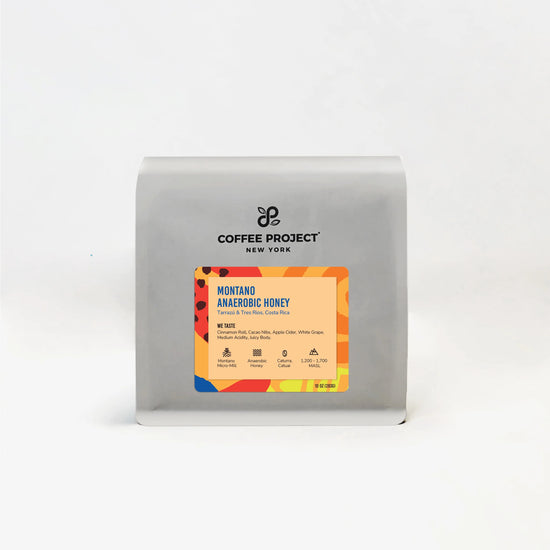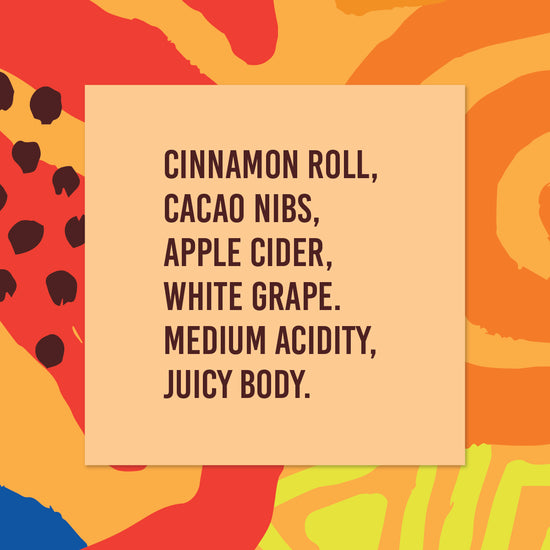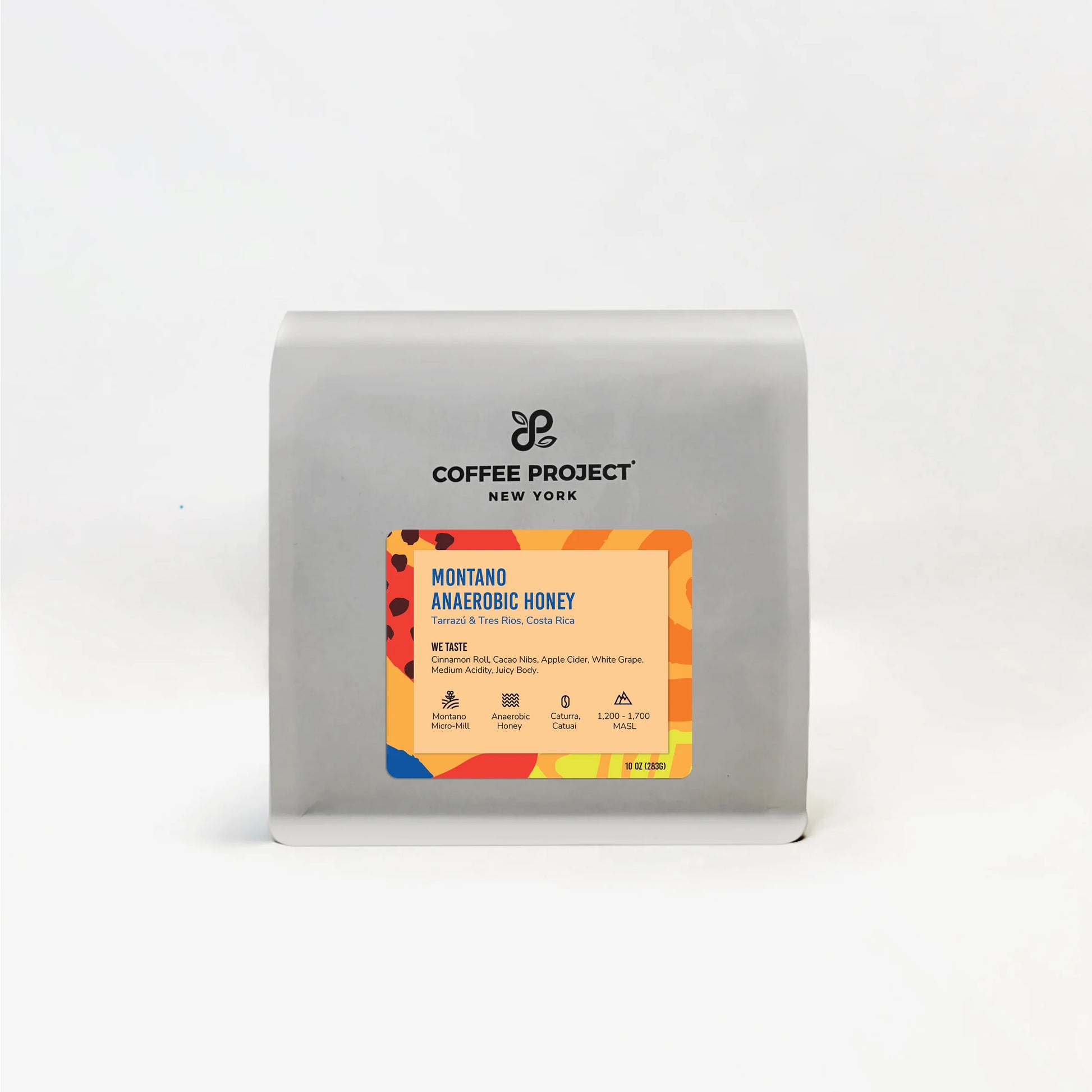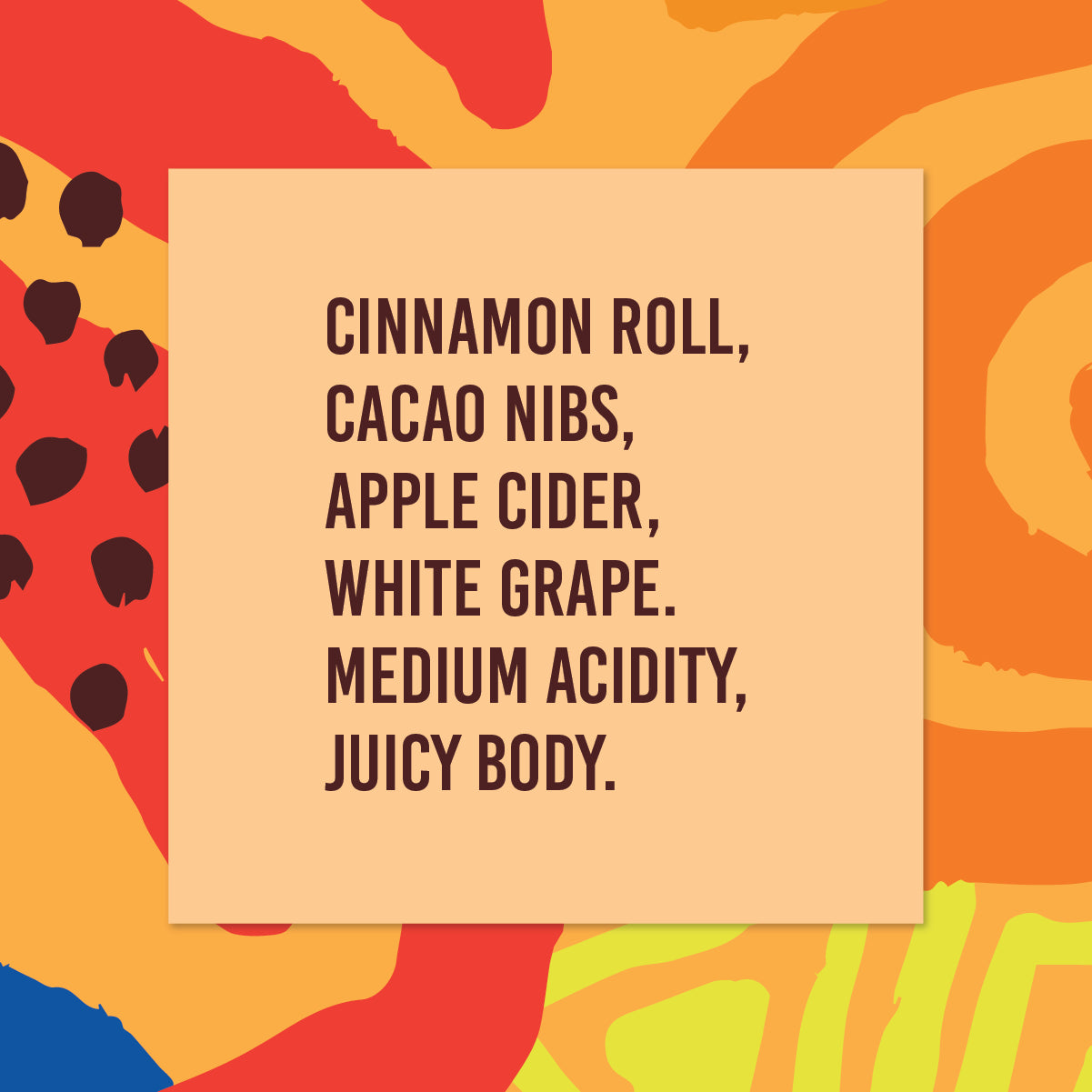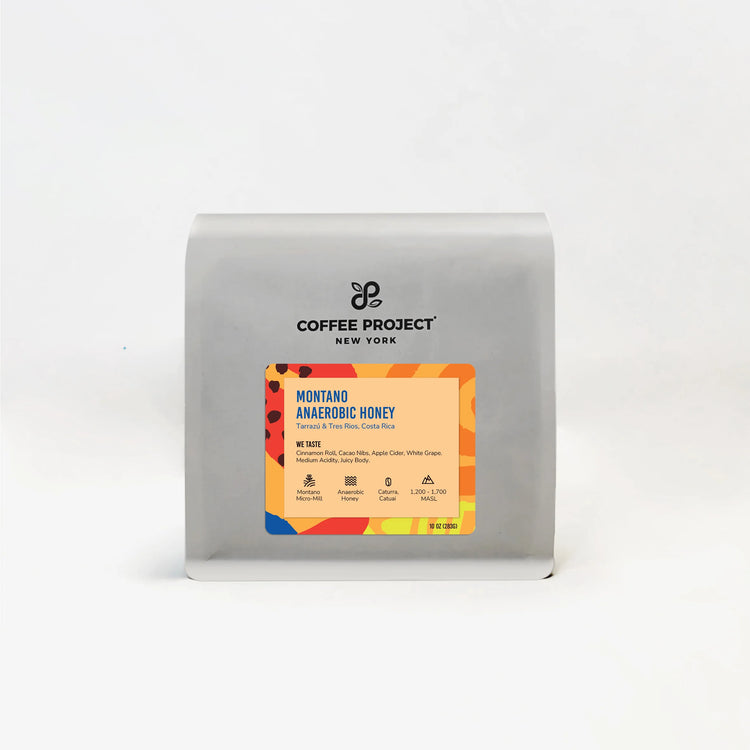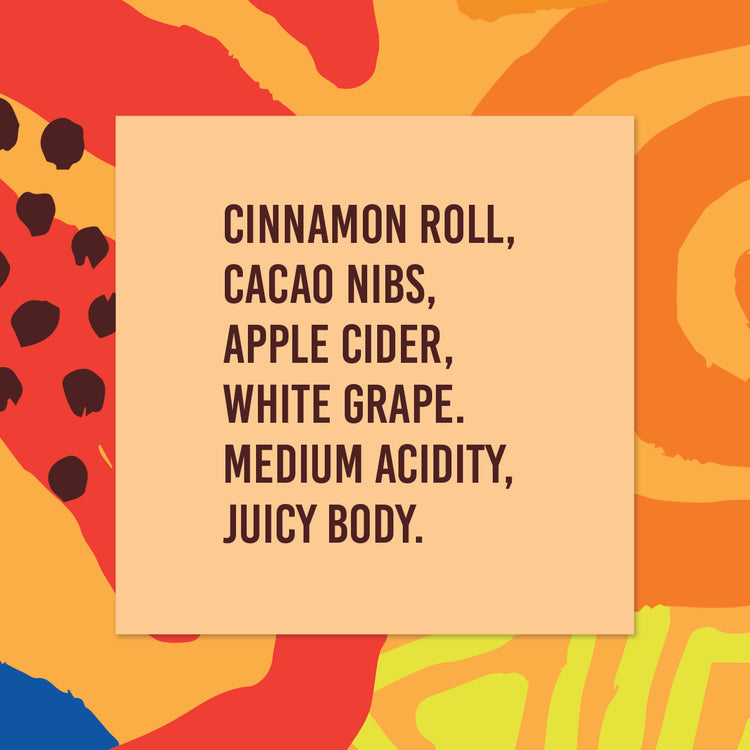Description
More
Less
Region: Tarrazú & Tres Rios, Costa Rica
Farm: Montano Micro-Mill, Smallholder Farms
Process: Anaerobic Honey
Variety: Caturra, Catuai
Altitude: 1,200 - 1,700 MASL
We Taste: Cinnamon Roll, Cacao Nibs, Apple Cider, White Grape. Medium Acidity, Juicy Body.
Known for high quality, high innovation, and a high price tag, coffee from Costa Rica looks very different from coffee elsewhere. Not only does Costa Rica have broad initiatives that impact quality of life, like universal healthcare and education, but it regulates coffee production with a minimum wage for farm workers and pricing regulations.
Having these regulations in place for the coffee industry in Costa Rica may raise prices for consumers, but they also ensure that farms are able to operate with stability and reinvest in their own coffee quality. Producers and mills stake more in experimental processing, high-quality cultivars, harvesting at ideal ripeness, and long-term infrastructure. Agroforestry has been the standard practice for decades—in 1996, Costa Rica halted and began reversing deforestation countrywide.
This coffee from Montano Micro-Mill also invests in direct sustainability efforts: a portion of every bag sold helps protect the local endangered Panthera onca (Jaguar) population through a partnership with the Fundación Pro Zoológicos.
Showcasing these traits of the Costa Rican coffee landscape, this lot was handpicked at an ideal ripeness to fuel the fermentation process; it was pulped and set to ferment, mucilage intact, in airtight tanks. Following the ferment, the greens were dried to ideal humidity and rested. The resulting cup profile is rich in complexity with lactic and malic acidity.
Description
Region: Tarrazú & Tres Rios, Costa Rica
Farm: Montano Micro-Mill, Smallholder Farms
Process: Anaerobic Honey
Variety: Caturra, Catuai
Altitude: 1,200 - 1,700 MASL
We Taste: Cinnamon Roll, Cacao Nibs, Apple Cider, White Grape. Medium Acidity, Juicy Body.
Known for high quality, high innovation, and a high price tag, coffee from Costa Rica looks very different from coffee elsewhere. Not only does Costa Rica have broad initiatives that impact quality of life, like universal healthcare and education, but it regulates coffee production with a minimum wage for farm workers and pricing regulations.
Having these regulations in place for the coffee industry in Costa Rica may raise prices for consumers, but they also ensure that farms are able to operate with stability and reinvest in their own coffee quality. Producers and mills stake more in experimental processing, high-quality cultivars, harvesting at ideal ripeness, and long-term infrastructure. Agroforestry has been the standard practice for decades—in 1996, Costa Rica halted and began reversing deforestation countrywide.
This coffee from Montano Micro-Mill also invests in direct sustainability efforts: a portion of every bag sold helps protect the local endangered Panthera onca (Jaguar) population through a partnership with the Fundación Pro Zoológicos.
Showcasing these traits of the Costa Rican coffee landscape, this lot was handpicked at an ideal ripeness to fuel the fermentation process; it was pulped and set to ferment, mucilage intact, in airtight tanks. Following the ferment, the greens were dried to ideal humidity and rested. The resulting cup profile is rich in complexity with lactic and malic acidity.
You May Also Like

